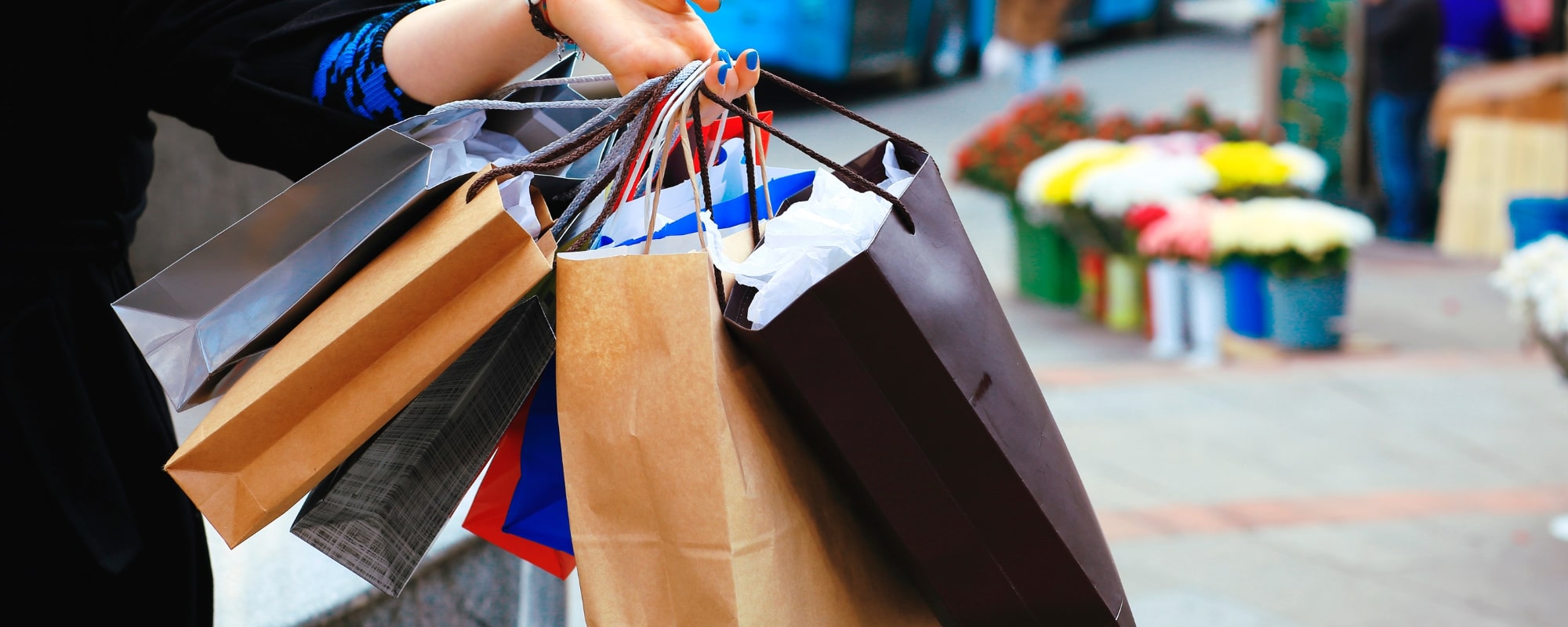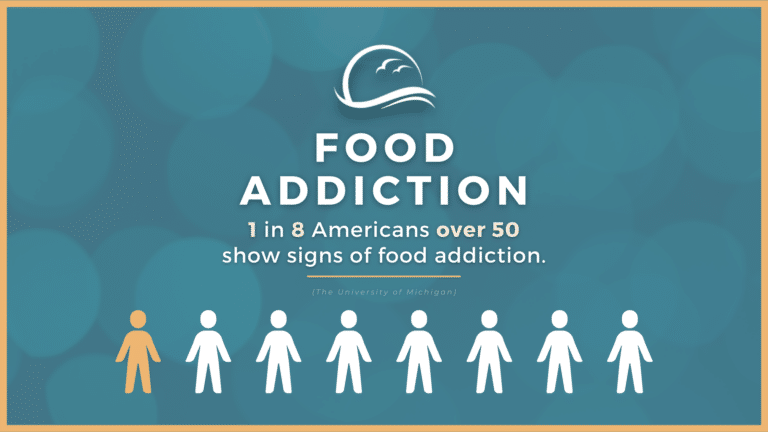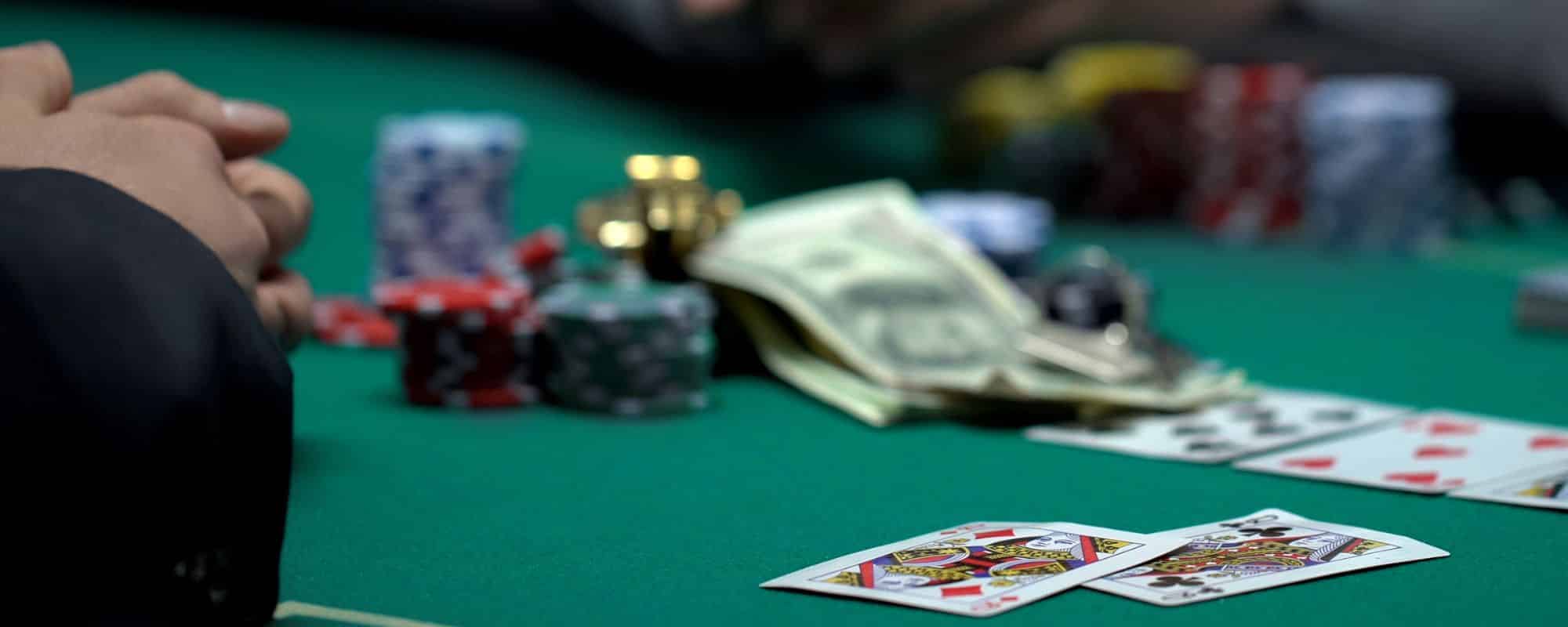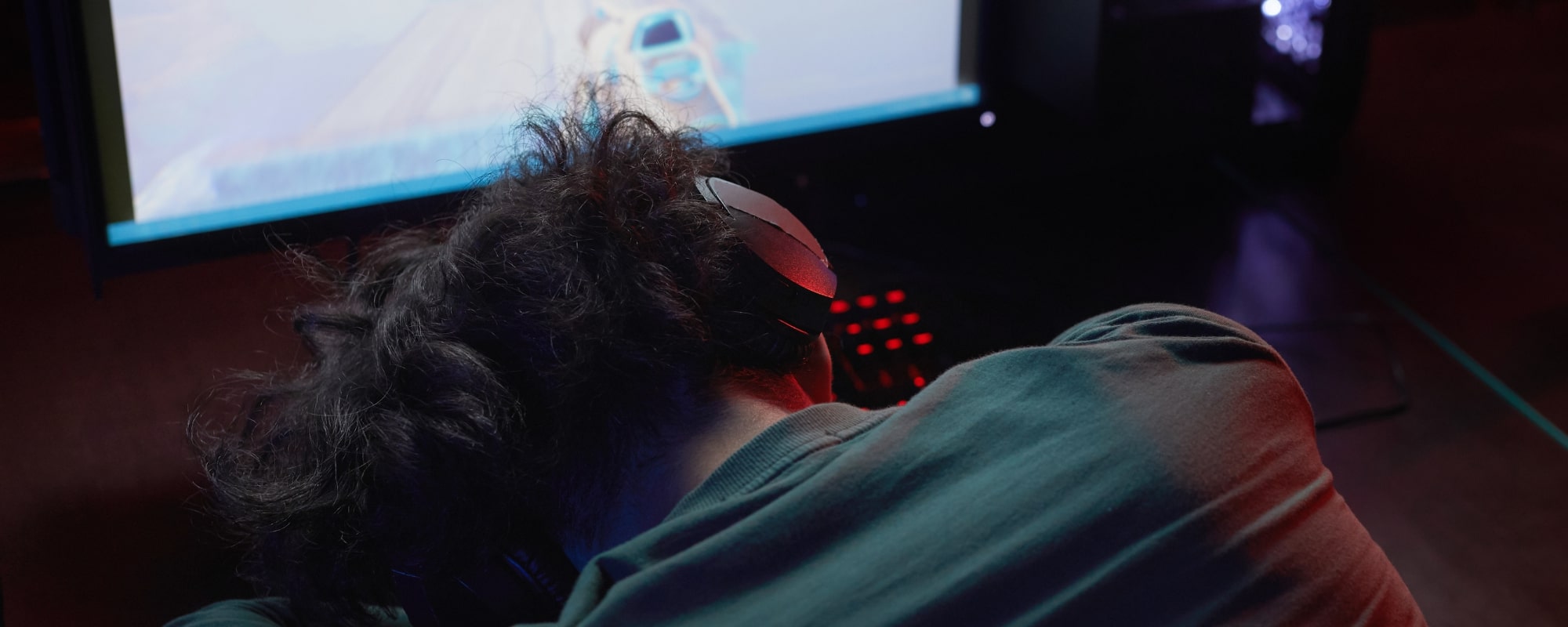There are types of addictions other than drugs or alcohol that wreak havoc in people’s lives. Some of the most common addictions in the world don’t even involve substances. They involve things like addiction to social media or sex addiction. These are known as process addictions. Most people who suffer from a process addiction never learn the term until they start seeking help. In fact, when it comes to the word “addiction,” most people tend to think of substance use disorders—that is, addiction to legal or illegal drugs. But there are also non-drug addictions. These are known as non-substance addictions, behavioral addictions, or process addictions.
A process addiction is when a person engages in a certain behavior repeatedly and can’t stop, even as it brings them personal harm. These addictions are every bit as serious as traditional substance use disorders, with possibly life-ruining—or even life-threatening—consequences.
In this article, we’ll go over various process addictions. If you or a loved one suffers from one of these addictions, reach out for help.
Process Addictions
Process addictions entail behaviors that, when done in moderation, are safe, or even healthy. But when these behaviors deteriorate into obsessions, that’s when they become addictions.
Some common examples of process addictions include gambling, engaging in promiscuous sexual behavior, pornography consumption, eating disorders, internet use, exercise, and working.
It’s important to note here that process addictions frequently coincide with substance use disorders (SUD). For example, gambling disorder raises the risk of alcohol use disorder by up to four times. The coincidence of two disorders is known as a dual diagnosis.
Process addictions damage a person’s physical and mental well-being, sabotage relationships, and may result in legal or financial issues. Without treatment, possible consequences range from job loss to loss of homes, divorce and broken families, and even suicide.
Process Addiction vs. Substance Addiction
Despite their differences, both types of addiction share many of the same core characteristics: loss of control, cravings, emotional distress when abstaining, and damage to health, relationships, or daily functioning. Process addictions may be harder to spot, especially because many of these behaviors (like eating or exercising) are socially acceptable or even encouraged. However, when a behavior begins to dominate a person’s life and cause harm, it may signal an addiction that needs treatment.
Whether the issue is substance-related or behavioral, professional help can provide the tools needed to break the cycle and build a healthier, more balanced life.

Shopping Addiction
Known in the medical field as oniomania, shopping addiction is a very common process addiction, and perhaps the most socially acceptable. One famous example of someone with a shopping addiction is Buzz Bissinger, a sports journalist and author of the book Friday Night Lights.
A shopping addict has intrusive thoughts about shopping at all times of day and, when shopping, does not know how to stop. The reason it’s difficult for a shopping addict to stop buying things is that, just like in other addictions, they experience a euphoric rush while engaged in the activity.
Signs someone is addicted to shopping can include:
- Financial problems like debt
- Opening new lines of credit to finance shopping purchasesAlways thinking or talking about purchasing something
- Shopping when stressed or sad
- Lying about their shopping activity (e.g., hiding purchases)
By eliminating the need to even leave one’s house, the internet has made shopping addictions easier than ever before to form. Some sources have found that 64% of people have engaged in impulsive or compulsive buying online recently. One study found that up to 6% of Americans have an online shopping addiction, with young females at increased risk for the disorder.
How to Stop Shopping Addiction
To stop or treat a shopping addiction, it’s important to first recognize that you have a problem and seek professional help. This can include therapy, counseling, and support groups such as Spenders Anonymous. Cognitive-behavioral therapy (CBT) can be particularly effective in addressing the underlying thoughts and behaviors that contribute to the addiction. Medications may also be prescribed to help manage symptoms such as anxiety or depression.
In addition, it can be helpful to set spending limits, create a budget, and avoid triggers such as shopping malls or online stores. Finding healthy ways to cope with stress and emotional issues can also be beneficial in preventing relapse.

Food Addiction
Food addiction (FA) is a process addiction that entails repeatedly eating way beyond your body’s energy requirements. People with this addiction commonly over-indulge in foods high in salt, sugar, or fat – ingredients that are all necessary for our bodies (hence the pleasure we derive from their consumption), but which are unhealthy in too-high amounts.
Some ways to tell someone is addicted to food include if they hide how much they eat from others and are unable to stop despite physical problems.
Addiction to food has been linked to several substance use disorders, particularly alcohol use disorder (AUD). One study of over 130,000 people found that up to 6% of women may suffer from food addiction. In studies of those with obesity, rates of food addiction range from 7% to 15%.

How to Stop a Food Addiction
Treating a food addiction typically involves a combination of therapy and lifestyle changes. Lifestyle changes include making changes to one’s diet and exercise routine. Consider working with a nutritionist or dietitian to develop a healthy meal plan, as well as increasing physical activity to improve overall health and well-being. It’s also important to identify triggers that cause cravings and to develop strategies to manage them.
Cognitive-behavioral therapy (CBT) can help individuals identify and change negative thought patterns and behaviors related to their addiction. In addition, there are also groups such as Food Addicts Anonymous (FAA), Overeaters Anonymous (OA), and Food Addicts in Recovery Anonymous (FA) that provide crucial moral support to those recovering from food addiction.

Gambling Addiction
Much like a substance use disorder, gambling stimulates the reward centers of your brain, when you win. Hopes for a repeat of that “high” can lead to compulsive gambling, also known as a gambling addiction. People with gambling addictions find it nearly impossible to stop gambling, even if it damages their finances and relationships.
Signs of gambling addiction can include:
- Obsession with gambling
- Putting crucial relationships, a job, or prospects for study or work at risk due to gambling
- Asking others for loans or financial help due to debts incurred from gambling
- Trying to hide the extent of one’s gambling from friends or family members
Studies indicate nearly one out of three persons with a gambling addiction also suffer from AUD.
How to Stop a Gambling Addiction
To stop or treat gambling addiction, several approaches may be taken.
One effective approach is therapy or counseling. This may include individual therapy, group therapy, or support groups. Behavioral therapies can help individuals understand the underlying causes of their addiction and develop coping mechanisms to deal with triggers and cravings.
Another approach is medication. Antidepressant medications, such as selective serotonin reuptake inhibitors (SSRIs), are effective in treating gambling addiction. These medications work by altering the levels of certain chemicals in the brain that are involved in impulse control.
Finally, there are support groups like Gamblers Anonymous (GA) and resources like the Gambling Addiction Hotline.

Internet Addiction
Internet addiction is characterized by an inability to control one’s usage of the internet. This can lead to negative consequences in their personal, social, and professional life.
Internet addiction is a fast-growing process addiction that actually has two sub-disorders contained within it: social media addiction and gaming addiction.
Treatment options for both these disorders include CBT and family therapy. Medications may also be prescribed to help manage co-occurring conditions such as depression or anxiety. In some cases, a residential treatment program or inpatient rehab may be necessary.
Social Media Addiction
Social media addiction is an unhealthy relationship with social media and technological communication devices that results in excessive internet use, negative effects on mental health, and interpersonal problems. Young people are especially vulnerable to this process addiction with compulsive scrolling of social media sites like Facebook, Instagram, TikTok, and others the result.
Signs someone is addicted to social media may include:
- Difficulty relating to people in real-life settings
- Low attention span
- Irritation whenever social media usage is interrupted
- Negative effects from social media usage, such as lower grades
As with other addictions, the major reason why social media is addictive is that the constant stream of novel information and imagery triggers the release of dopamine in the brain. Studies indicate that up to 70% of teens and young adults have a social media addiction.
Internet Gaming Disorder/Gaming Addiction
Gaming addiction, or, internet gaming disorder (IGD) is an inability to control or moderate gaming activities or activities related to gaming; this can lead to negative implications in every aspect of a person’s life.
Some common symptoms of IGD include:
- Spending excessive amounts of time playing video games
- Prioritizing gaming over other activities and responsibilities
- Losing interest in hobbies and social activities
- Continuing to play despite negative consequences, such as poor grades or relationship problems
- Experiencing withdrawal symptoms when not playing
- Lying about how much time is spent playing
The World Health Organization considers IGD an addictive disease. Some estimate that between 3-4% of gamers worldwide suffer from it – potentially up to 60 million people.

Sex and Love Addiction (SLA)
Sex and Love Addiction (SLA) is a behavioral disorder characterized by a compulsive need for sexual or romantic experiences, despite negative consequences. It is often accompanied by other forms of addiction, such as substance use disorders.
It is estimated that between 3-6% of the population may have SLA. Approximately 3-6% of Americans suffer from this process addiction. Studies have found that up to 50% of individuals seeking treatment for substance abuse also have a co-occurring sexual addiction
Treatment for sex and love addiction typically involves a combination of therapy and support groups. Cognitive-behavioral therapy (CBT) can help individuals identify and change negative patterns of behavior and thought related to their addiction.
Group therapy and 12-step programs, such as Sex Addicts Anonymous (SAA) or Sex and Love Addicts Anonymous (SLAA), can provide additional support and accountability.
Antidepressants may also be prescribed to address underlying mental health conditions.
Porn Addiction
Porn addiction, also known as compulsive pornography use, is a subset of SLA that entails the compulsive consumption of pornography to the detriment of one’s physical, mental, and social well-being.
Symptoms of porn addiction can include excessive time spent viewing pornography, difficulty in stopping or reducing use, and neglecting important responsibilities and relationships due to use. It can also lead to feelings of shame, guilt, and low self-esteem.
Some people may also experience physical symptoms such as erectile dysfunction and decreased sexual function. If left untreated, porn addiction can have a significant impact on an individual’s personal and professional life and can lead to other mental health issues such as depression and anxiety.
Help For Process Addiction
If you or a loved one is currently struggling with a process addiction, know that you don’t have to face it alone. Treatment for process addiction requires an ongoing commitment to your well-being, with sessions varying from once a month to several times a week depending on individual needs.
If you are looking for help with your process addiction, call us at 866-881-1184. Our highly qualified staff are available 24/7 to answer your questions. All calls are free and confidential.
If you or someone you know is experiencing thoughts of suicide, help is available 24/7 by calling the Suicide and Crisis Lifeline at 988. Learn more at Suicide & Crisis Lifeline.
- Spenders Anonymous
- Food Addicts Anonymous
- Food Addicts Anonymous (FAA)
- Overeaters Anonymous (OA)
- Food Addicts in Recovery Anonymous (FA)
- Gamblers Anonymous (GA)
- Gambling Addiction Hotline
- Sex and Love Addicts Anonymous (S.L.A.A.)
- Sex Addicts Anonymous (SAA)
- The prevalence of compulsive buying: a meta-analysis – Society for the Study of Addiction
- Behavioral Addiction versus Substance Addiction: Correspondence of Psychiatric and Psychological Views – NIH
- Gambling Disorder and Other Behavioral Addictions: Recognition and Treatment – NIH
- Imaging the Addicted Brain – ScienceDirect
- A review of gambling disorder and substance use disorders – NIH
- 121 Social Media Addiction Statistics Worldwide
- Is ‘Gaming Disorder’ An Illness? WHO Says Yes, Adding It To Its List Of Diseases – NPR
- Video Game Addiction Statistics 2022 – How Many Addicted Gamers Are There? – GameQuitters
- Prevalence of the Addictions: A Problem of the Majority or the Minority? – PMC
- The cognitive psychology of gambling – PubMed
- Relationship between pathological gambling, alcoholism and drug addiction – PubMed
- Internet use and collegiate academic performance decrements: early findings – Journal of Communication








